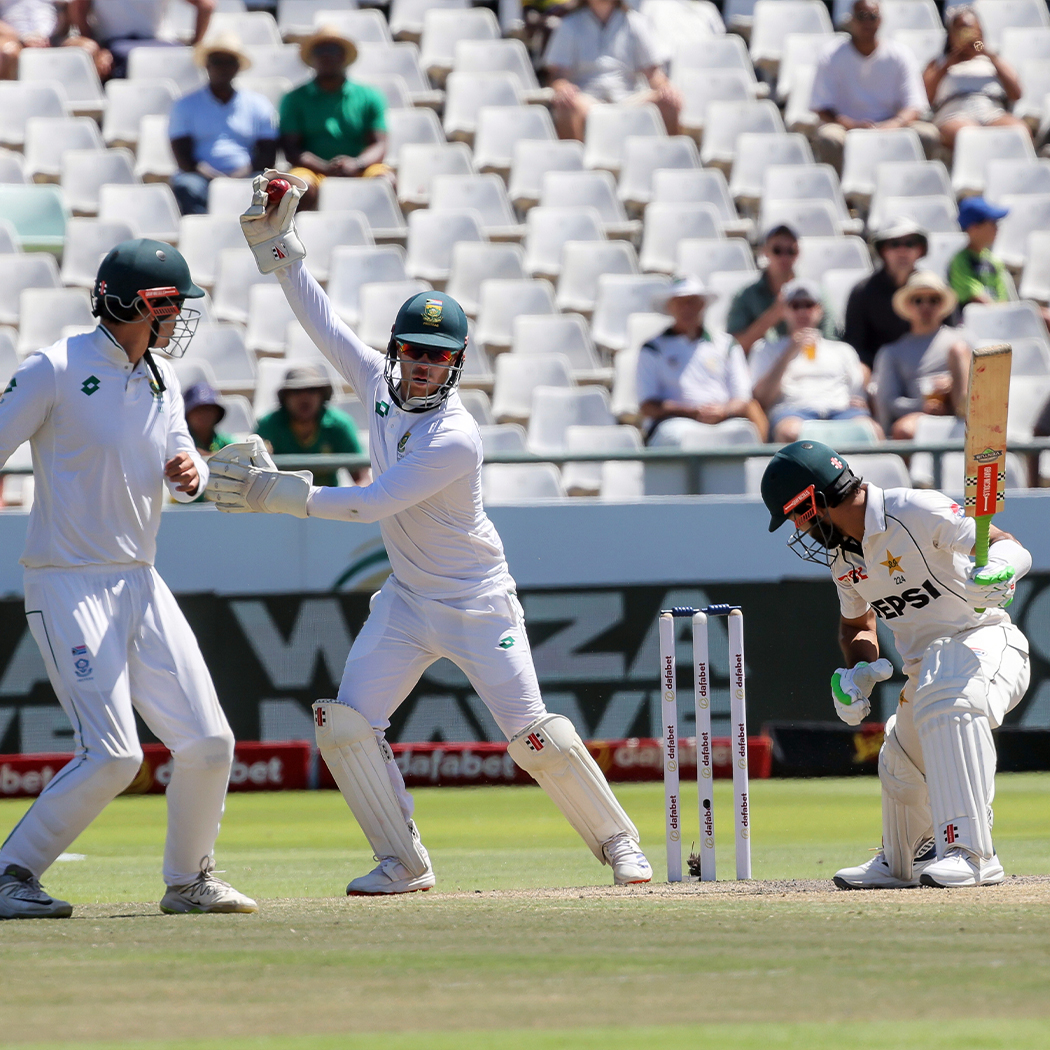ISLAMABAD: Pakistan on Saturday welcomed additional provisional measures by the International Court of Justice (ICJ) ordering Israel to immediately halt its military offensive in the southern Gaza city of Rafah, reaffirming its support for the Palestinians’ right to self-determination.
The ICJ decision on Friday added to the pressure on an increasingly isolated Israel, coming just days after Norway, Ireland and Spain said they would recognize a Palestinian state, and the chief prosecutor of a separate international court sought arrest warrants for Prime Minister Benjamin Netanyahu.
The case against Israel was initiated by South Africa in December 2023, where it labeled Israel’s actions in the Gaza Strip as “genocidal,” asserting that they intended to destroy the Palestinian people in ways specified under the 1948 Genocide Convention.
On Saturday, Pakistan’s foreign office said Islamabad supported the application filed by South Africa before the ICJ against Israel under the 1948 Genocide Convention, in follow up to which the ICJ announced additional provisional measures for Rafah.
“Pakistan demands immediate and unconditional implementation of the latest orders of the ICJ... We call on the UN Security Council to play its role in ending Israel’s ongoing brutal military campaign across Gaza; allowing unhindered flow of humanitarian assistance; taking effective measures to protect civilians in Gaza; and holding Israel accountable for its crimes,” the foreign office said in a statement.
“Pakistan reaffirms its unwavering support for the inalienable right to self-determination of the Palestinians for a viable, secure, contiguous and sovereign State of Palestine on the basis of the pre-1967 borders and with Al-Quds Al-Sharif as its capital.”
Israel besieged the Gaza Strip and launched airstrikes following a surprise attack by Hamas on October 7, prompted by the deteriorating conditions of the Palestinian people living under the Israeli occupation.
To date, the Palestinian death toll has reached about 36,000, predominantly women and children, as Netanyahu’s administration continues its military campaign that has demolished hundreds of residential neighborhoods along with hospitals and educational institutions.
Pakistan does not recognize the state of Israel and calls for an independent Palestinian state based on “internationally agreed parameters” and the pre-1967 borders with Al-Quds Al-Sharif as its capital.
In recent months, the South Asian country has repeatedly raised the issue of Israel’s war on Gaza, launched last October, at the United Nations through its permanent representative, Ambassador Munir Akram.
“As required by the latest ruling of ICJ, Israeli occupation authorities should keep the Rafah crossing open for unhindered provision of humanitarian assistance, and ensure unimpeded access to the Gaza Strip of any commission of inquiry, fact-finding mission or other investigative body mandated by the United Nations to investigate allegations of genocide,” the foreign office added.
Pakistan welcomes ICJ ruling on Gaza, reaffirms support to Palestinians
https://arab.news/pyw2r
Pakistan welcomes ICJ ruling on Gaza, reaffirms support to Palestinians

- The ICJ decision added to the pressure on an increasingly isolated Israel, coming just days after Norway, Ireland and Spain announced they will recognize Palestine as a state
- The case against Israel was initiated by South Africa in December 2023, where it labeled Israel’s actions in Gaza Strip as ‘genocidal’ and said they intended to destroy Palestinians



















